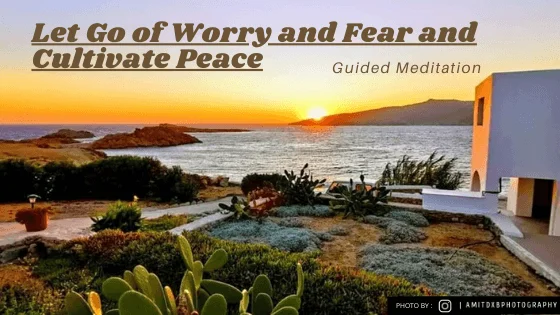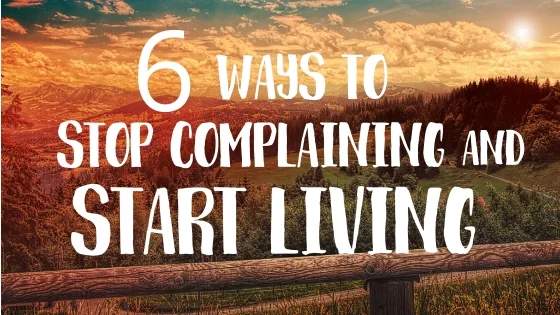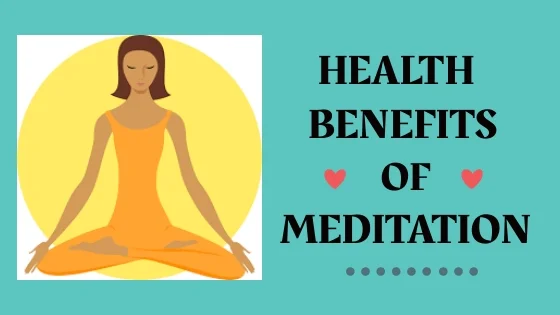In today’s fast-paced world, finding time to pause can feel impossible. Meditation often seems like a luxury reserved for monks or people with extra time. But here’s the truth: 5 minutes of meditation can change your day—and it’s easier than you think. You don’t need to sit for hours or master complex techniques. Just five minutes of mindful breathing can boost your focus, reduce stress, and improve your overall mood. This small daily habit has the power to shift your mindset and help you take on the day with clarity and calm.
If you’re looking for a quick way to reset, 5 minutes of meditation can change your day—try it and feel the difference.
In this blog post, we’ll explore how just five minutes of meditation can transform your day—and gradually, your life. With insights from Deepika Seksaria Guided, you’ll discover the science-backed benefits of meditation, simple ways to integrate it into your daily routine, and the powerful ripple effects it can have on your focus, emotional well-being, and overall productivity.
What is Meditation?

At its core, meditation is a mental practice that involves focusing your mind and eliminating distractions to achieve a state of clarity and emotional calm. There are many different styles—from mindfulness meditation to loving-kindness, transcendental, and guided visualization—but they all share a common goal: present-moment awareness.
Meditation isn’t about emptying your mind completely or achieving perfection in stillness. Rather, it’s about training your attention and awareness, so you can better manage your thoughts, emotions, and reactions.
Why 5 Minutes is Enough to Start
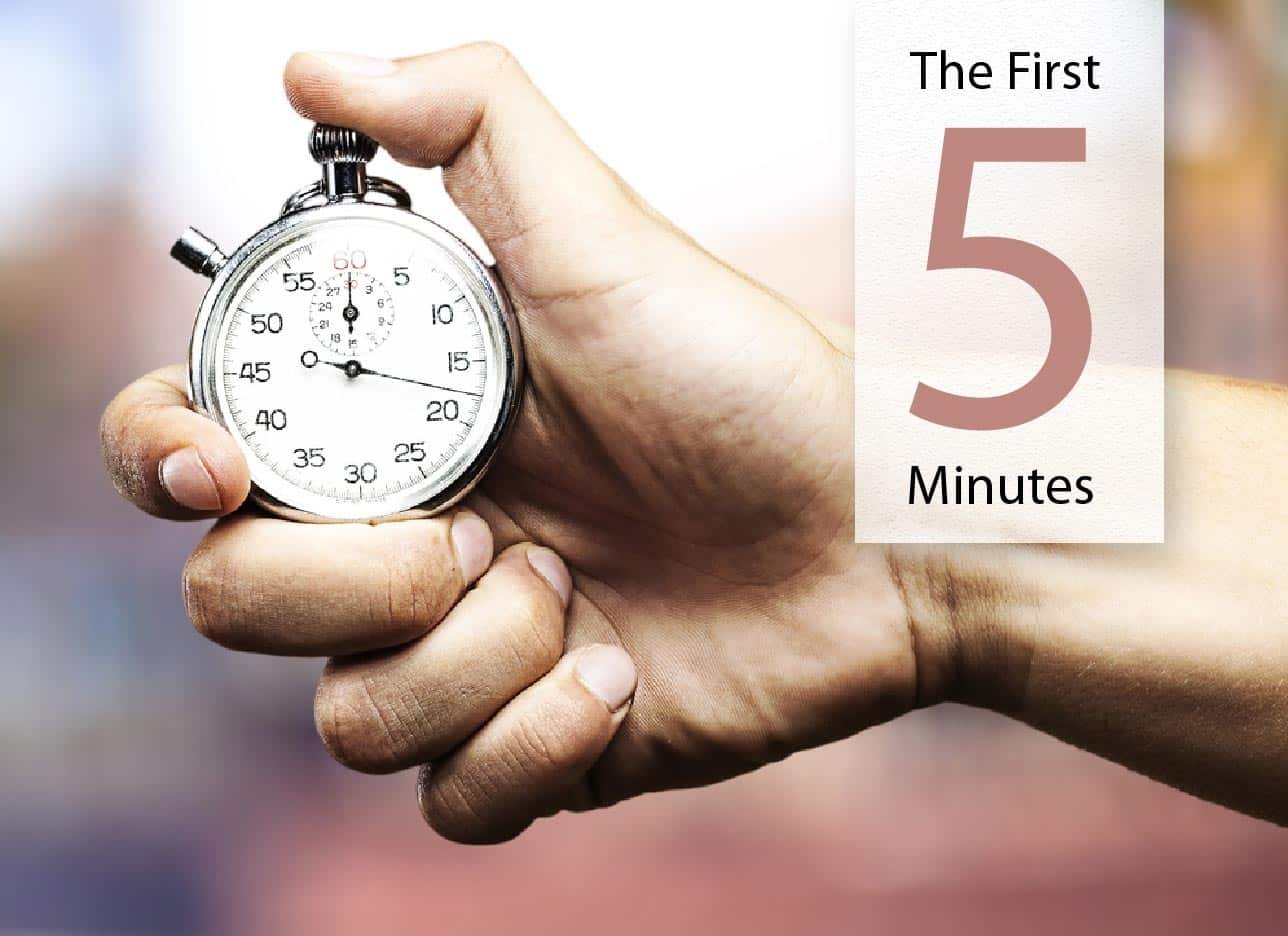
You might wonder how a mere five minutes can make a difference. After all, doesn’t something so powerful require hours of dedication?
Not necessarily.
Just like you don’t need to run a marathon to benefit from walking a mile, you don’t need hours of meditation to start seeing results. In fact, research suggests that even short bursts of meditation can:
-
Lower stress hormones like cortisol
-
Improve concentration
-
Enhance emotional regulation
-
Reduce anxiety
-
Increase self-awareness
Five minutes may seem trivial, but it’s often the gateway to deeper mindfulness and lasting change.
The Science Behind Short Meditation Sessions
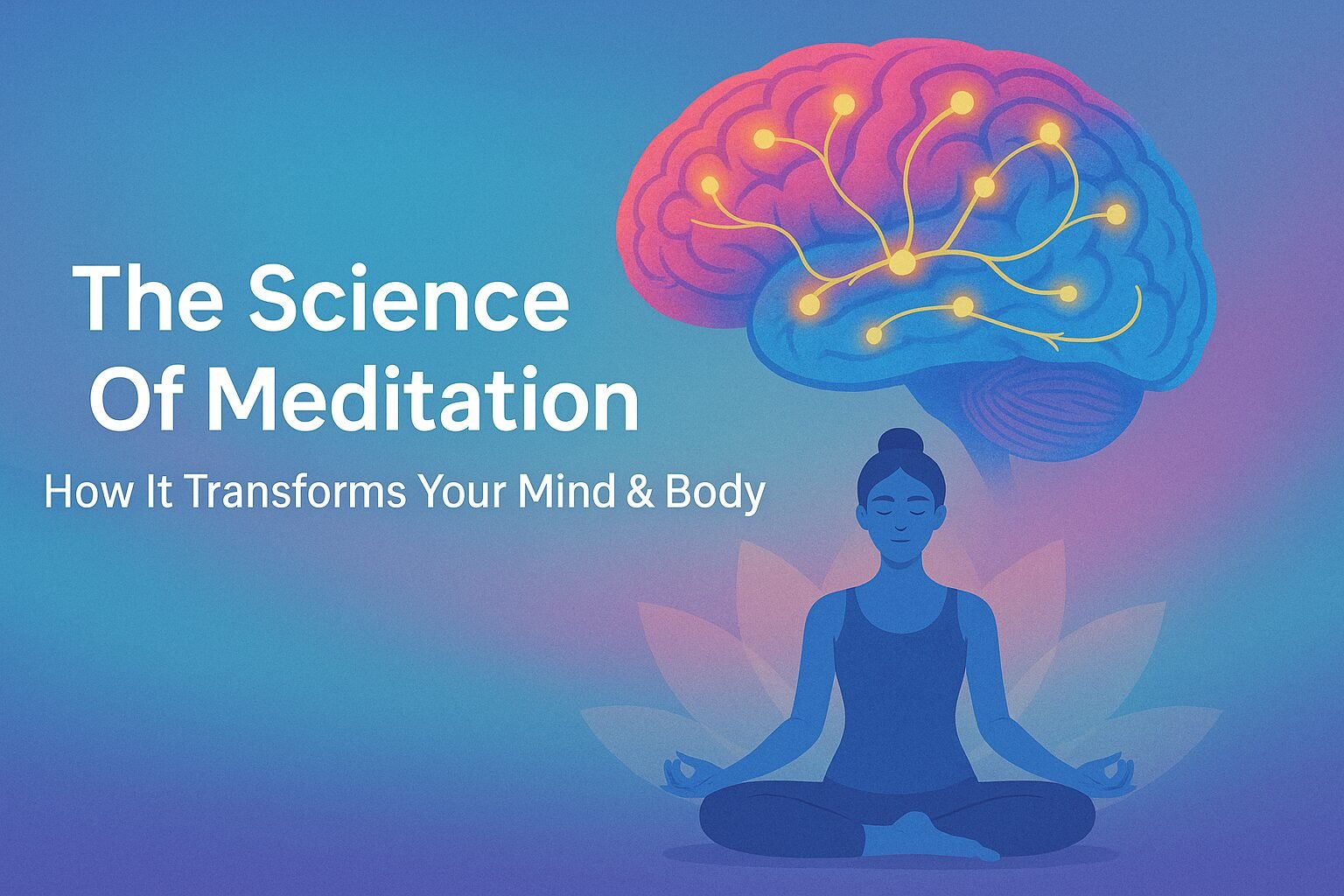
Modern neuroscience and psychology back the benefits of short meditation practices. Several studies have shown measurable effects after just one session.
1. Reduces Stress and Anxiety
In a study conducted by researchers at the University of Waterloo, participants who practiced mindfulness for just ten minutes reported significantly reduced anxiety. Similar findings were replicated with five-minute guided meditations that demonstrated lowered physiological signs of stress (like heart rate and blood pressure).
2. Improves Focus and Productivity
Meditation trains your “attention muscle.” Even five minutes of focusing on your breath or bodily sensations helps you recognize when your mind has wandered and gently bring it back. Over time, this enhances your ability to concentrate in everyday tasks.
A short morning meditation can help you walk into your day with intention, rather than being dragged into reactive mode.
3. Enhances Emotional Regulation
When you pause and center yourself, you give your brain’s emotional control center—the amygdala—a break. Studies show that meditation reduces amygdala activity, making you less likely to be emotionally reactive and more likely to respond thoughtfully.
How 5 Minutes Can Transform Your Day

Let’s break down how this micro-practice can influence different parts of your daily experience.
Morning Clarity
Starting your day with five minutes of meditation is like rebooting your brain before the chaos begins. It creates a calm mental space from which you can approach tasks with more purpose.
Instead of reaching for your phone and scrolling social media the moment you wake up, sit in silence. Feel your breath. Let your thoughts pass like clouds. This short act primes your brain for a more mindful day.
Workplace Focus
The workplace is a major source of stress for many. Deadlines, meetings, and constant emails can be overwhelming. A quick meditation during your coffee break or lunch can recharge your mental batteries.
These five minutes act as a reset button—bringing back focus, reducing tension, and helping you approach problems with a clear mind.
Improved Relationships
When you’re calmer and more present, your interactions with others naturally improve. You listen better. You respond rather than react. You become more empathetic. Even five minutes of loving-kindness meditation can change the tone of your day by cultivating compassion.
Evening Relaxation
Struggling with sleep or racing thoughts at night? A brief meditation before bed can signal to your brain that it’s time to wind down. Guided body scans or breath meditations can relax the nervous system, making it easier to drift into restful sleep.
How to Meditate for 5 Minutes: A Simple Guide
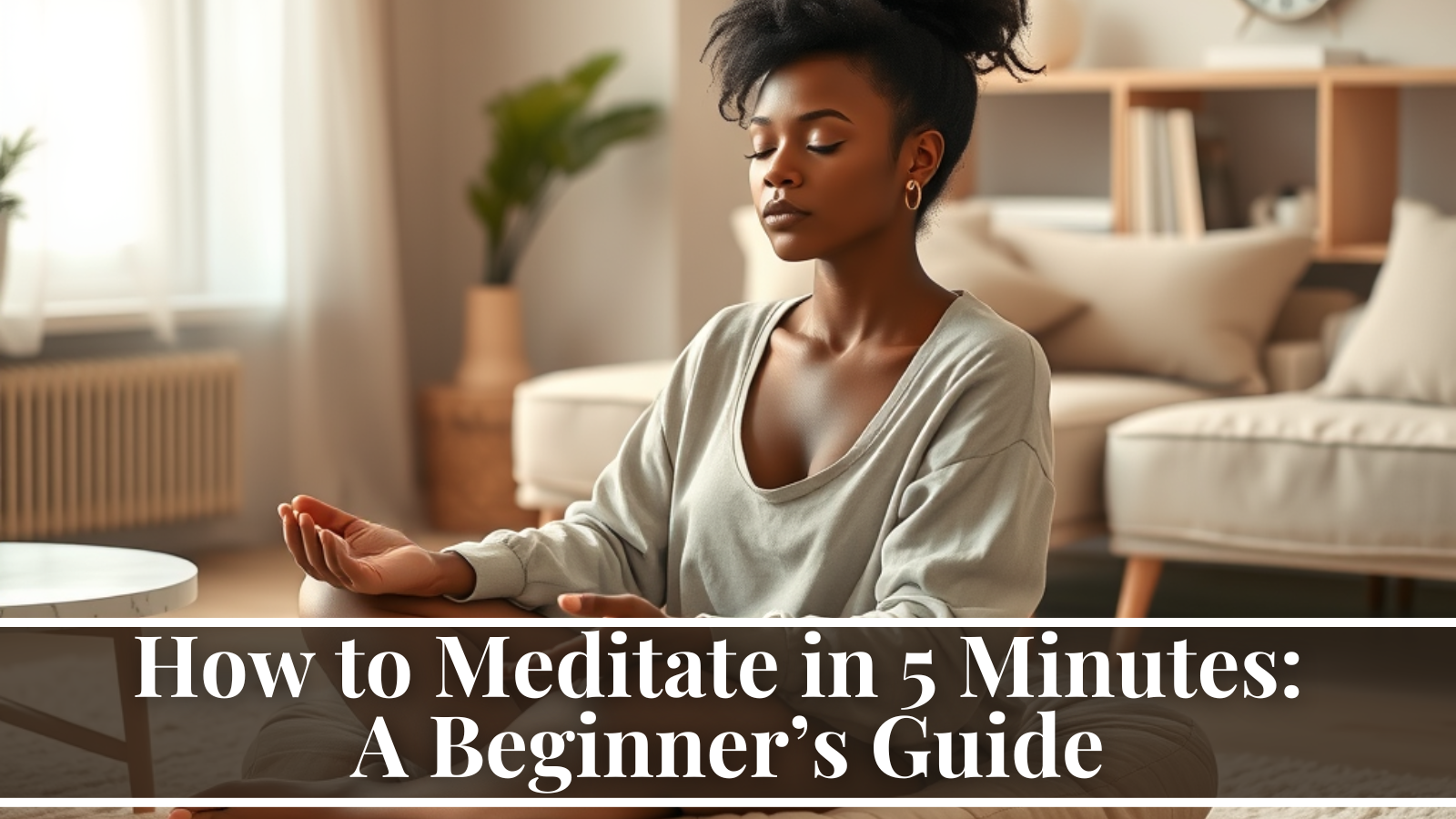
You don’t need a cushion, a special room, or any equipment to begin. Here’s a basic 5-minute mindfulness Meditation practice anyone can try:
1. Find a Quiet Space
Sit or lie down comfortably. You can close your eyes if that feels right, or softly gaze at the floor.
2. Set a Timer
Use your phone or a meditation app to set a five-minute timer. This removes the urge to constantly check the clock.
3. Focus on Your Breath
Pay attention to your breathing. Notice the sensation of air entering and leaving your nose or how your belly rises and falls.
4. Acknowledge and Let Go of Thoughts
When your mind wanders (and it will), gently guide your attention back to the breath without judgment. Think of it like training a puppy—firm but kind.
5. End with Gratitude
As your timer goes off, take a moment to notice how you feel. Express silent gratitude for this moment of stillness.
Common Misconceptions That Hold People Back

“I don’t have time.”
Everyone has five minutes. You likely spend more time checking social media or waiting for your coffee to brew. Meditation doesn’t require extra time—it’s about prioritizing your mental well-being.
“I can’t stop thinking.”
Good news: You don’t have to. Meditation isn’t about having no thoughts—it’s about becoming aware of them. Every time you notice your mind wandering and return to your breath, you’re strengthening your attention muscle.
“I’m not good at it.”
Meditation isn’t a competition or a performance. There’s no such thing as being bad at it. The simple act of showing up—regardless of how “successful” you feel—is what matters.
Making It a Habit: Tips for Consistency
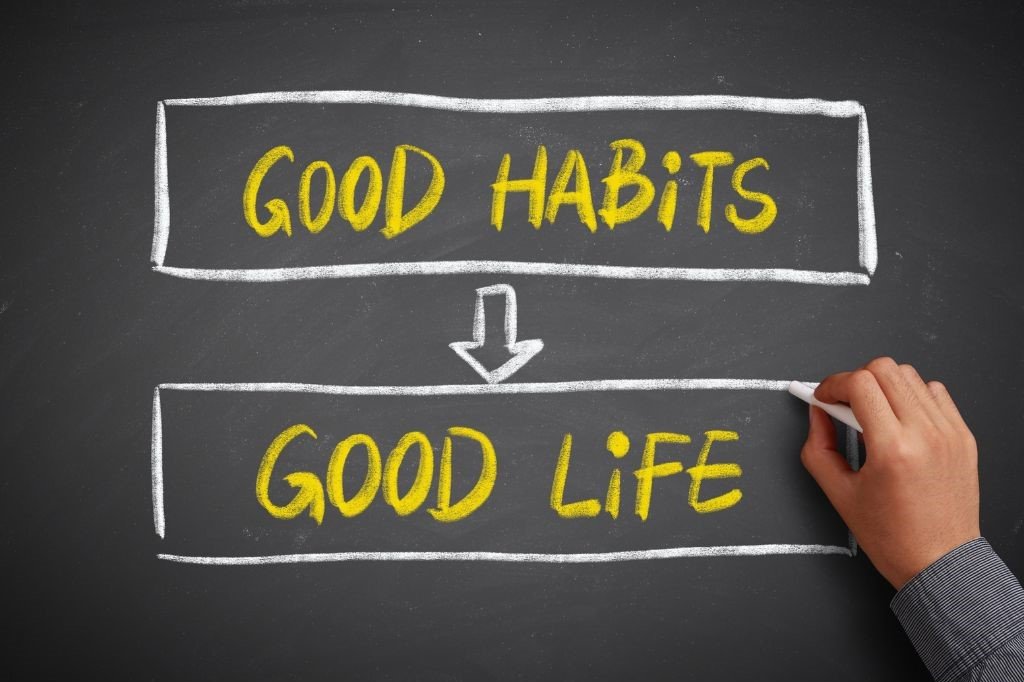
1. Stack It With Existing Habits
Link your five-minute meditation to an activity you already do daily, like brushing your teeth or having your morning coffee. This makes it easier to remember and sustain.
2. Use a Meditation App
Apps like Headspace, Insight Timer, Calm, or Simple Habit offer guided five-minute meditations perfect for beginners.
3. Track Your Progress
Use a journal or a habit tracker. Seeing visual proof of your consistency can boost motivation and help you stick with it.
4. Meditate With a Friend
Accountability can be powerful. Share your meditation journey with a friend or join a virtual meditation group.
Real-Life Stories: Small Time, Big Impact
Amira, 32, Software Engineer
“I used to feel burnt out by noon. I started doing a five-minute breath meditation every morning before work. It helped me feel more in control and less overwhelmed. It’s such a small thing, but it makes a huge difference.”
Jason, 45, Entrepreneur
“I never thought meditation was for me—too ‘out there.’ But after a stressful health scare, I gave it a try. I now do five minutes before bed. I sleep better and feel more grounded. Honestly, it changed how I show up every day.”
Priya, 27, Graduate Student
“Between studying and deadlines, my anxiety was through the roof. I started meditating five minutes before class. It didn’t solve all my problems, but it gave me just enough space to breathe and not panic.”
Final Thoughts: The Ripple Effect of Five Minutes
Five minutes might seem insignificant in a 24-hour day, but its ripple effects are profound. Meditation doesn’t promise perfection or instant enlightenment. Instead, it offers a pause—a moment to step back, breathe, and be.
This simple practice can become a refuge, a reset, and a powerful tool for navigating the ups and downs of life. You don’t need to wait until you’re burnt out, overwhelmed, or desperate for relief. Start today. Take five minutes. Close your eyes. Listen to your breath. Let go.
You may just find that these quiet moments change everything.



